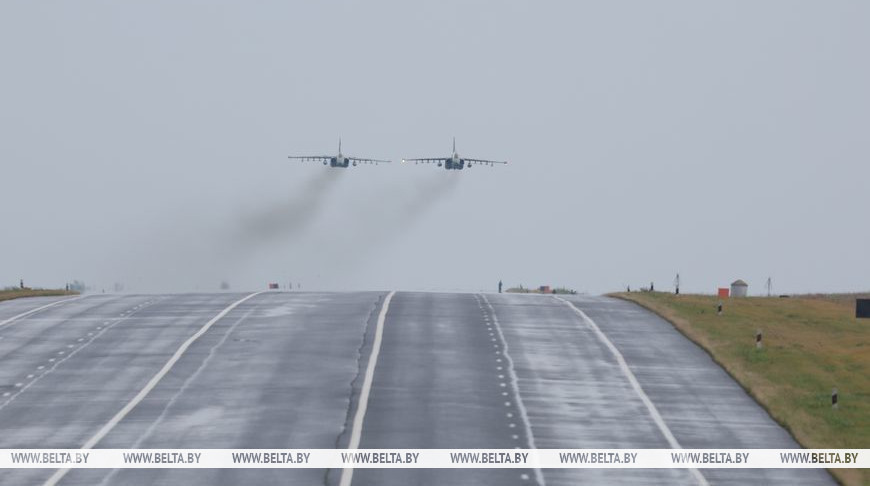
MINSK, 21 September (BelTA) – There were no major strategic or operational problems during Zapad 2025 military exercise, Chief of the General Staff, First Deputy Defense Minister of the Republic of Belarus Pavel Muraveiko said on the air of the STV TV channel, BelTA has learned.
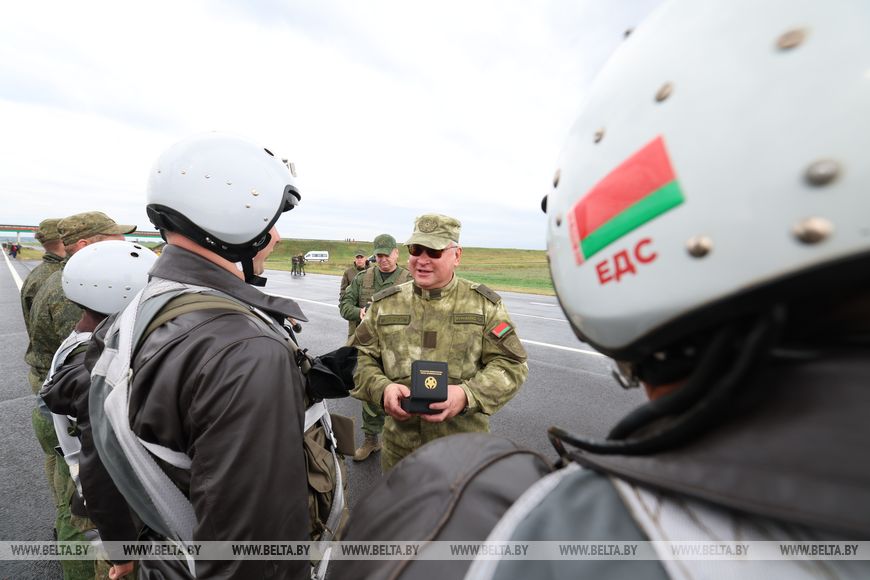
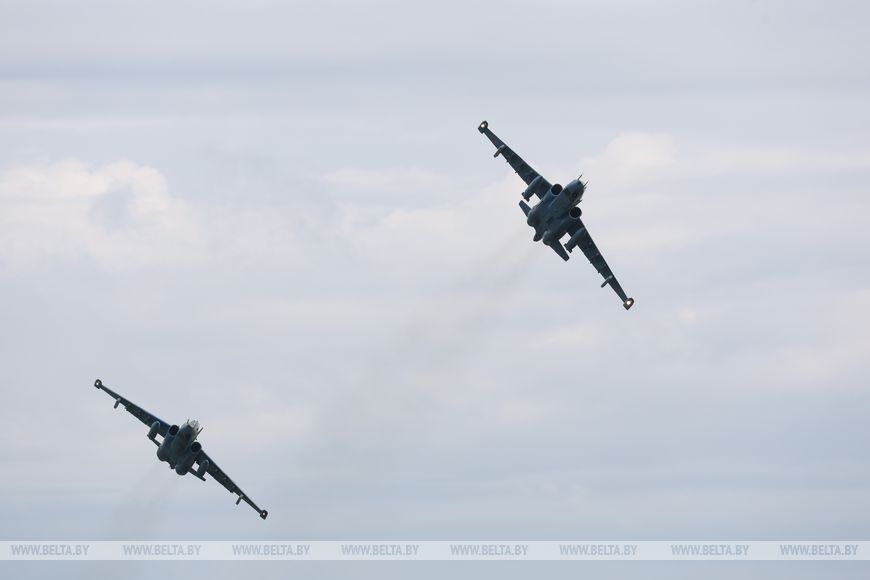
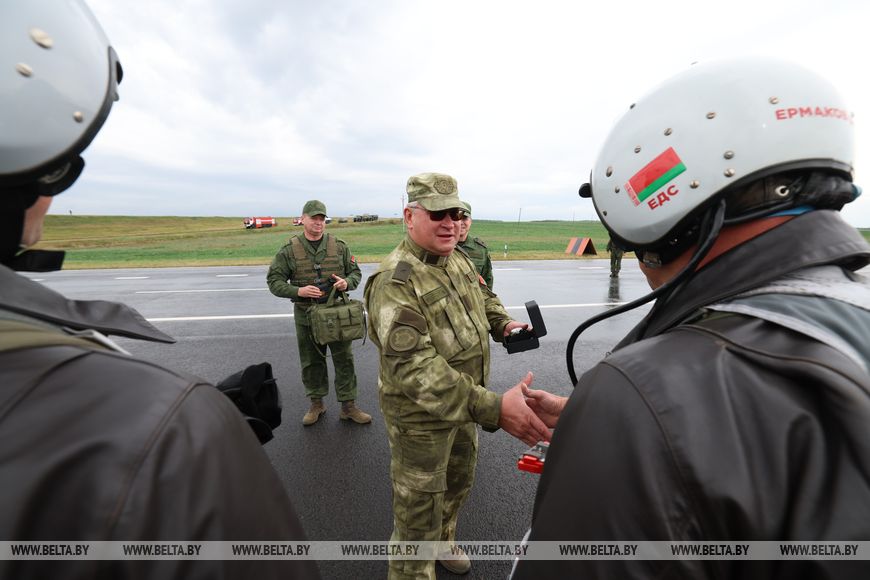
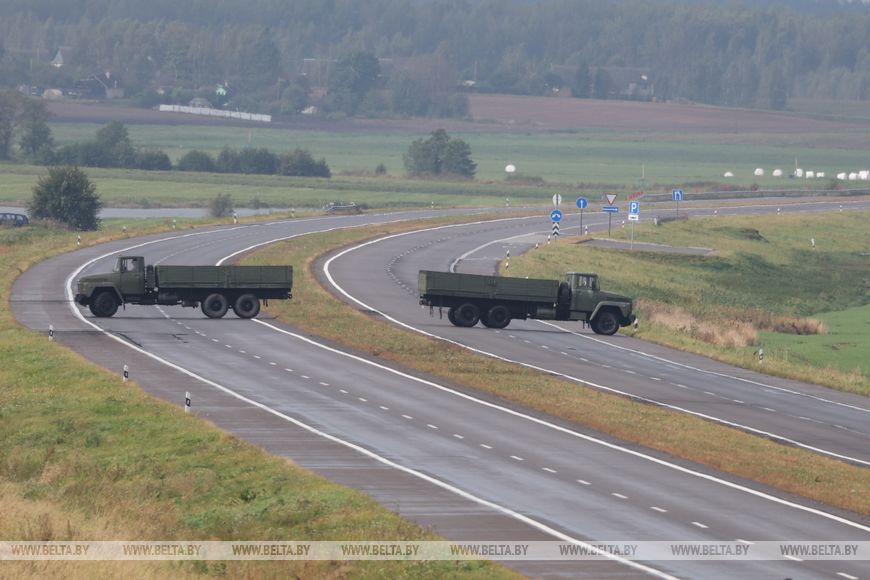
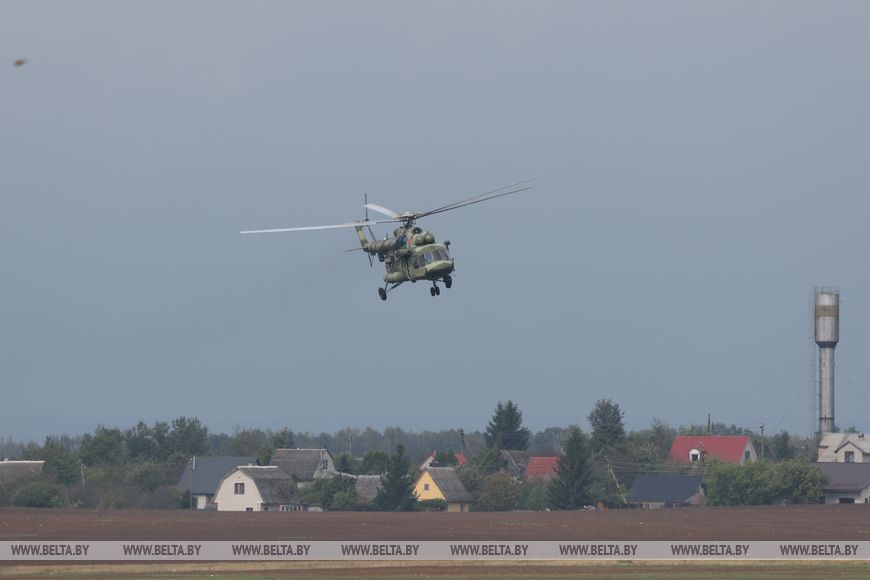
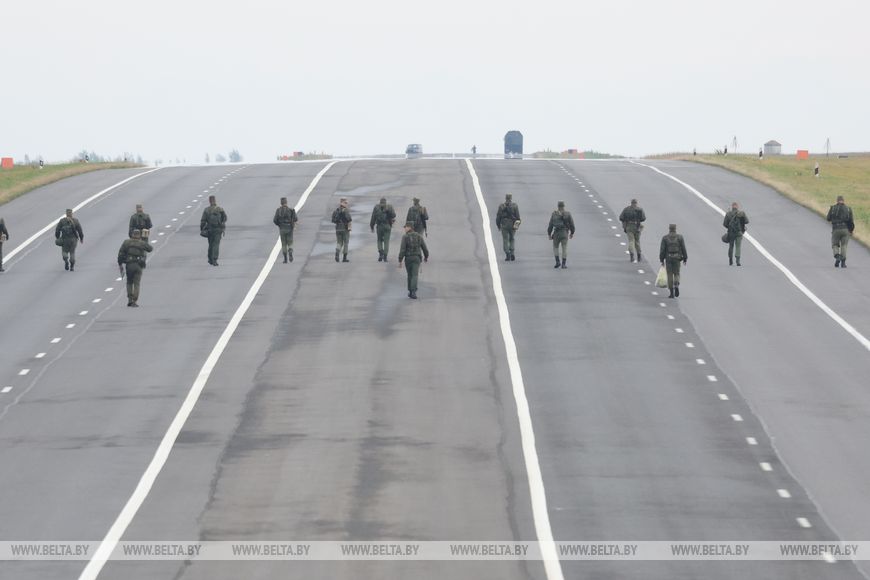
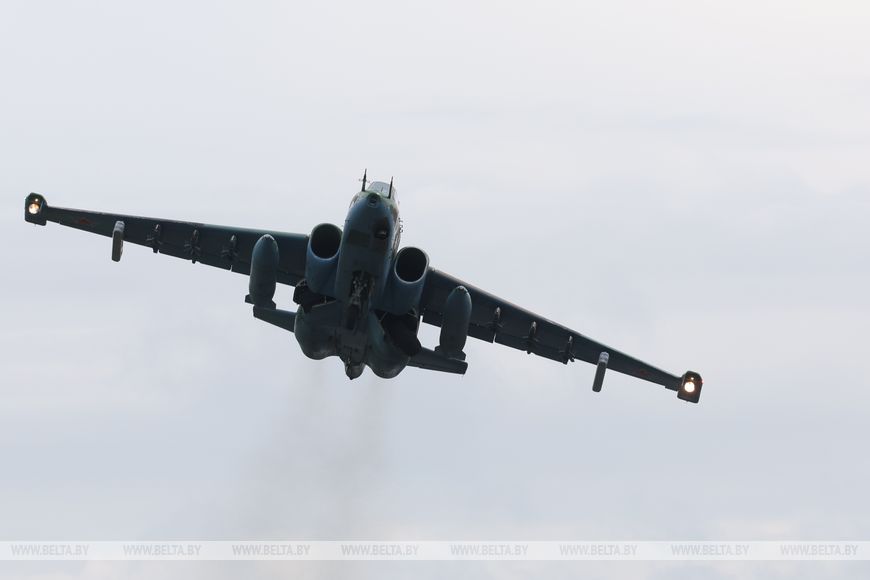
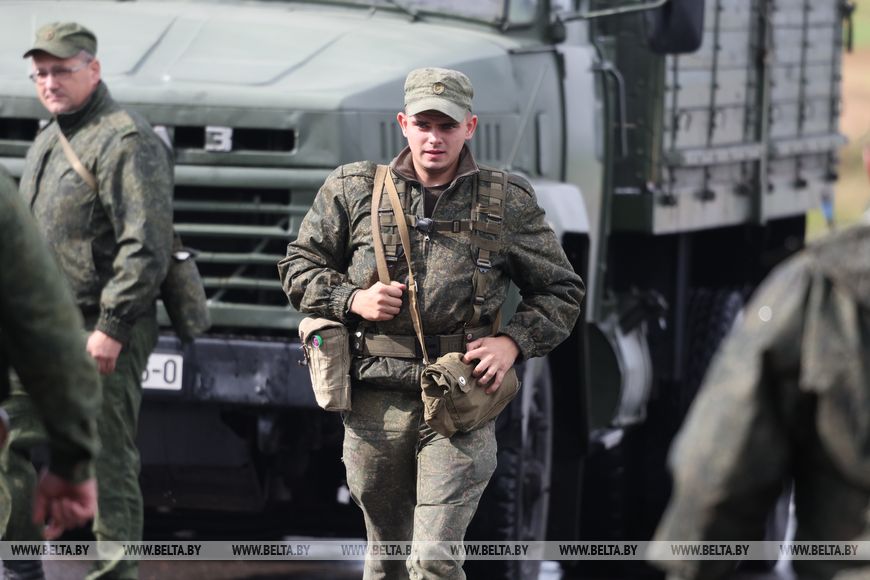
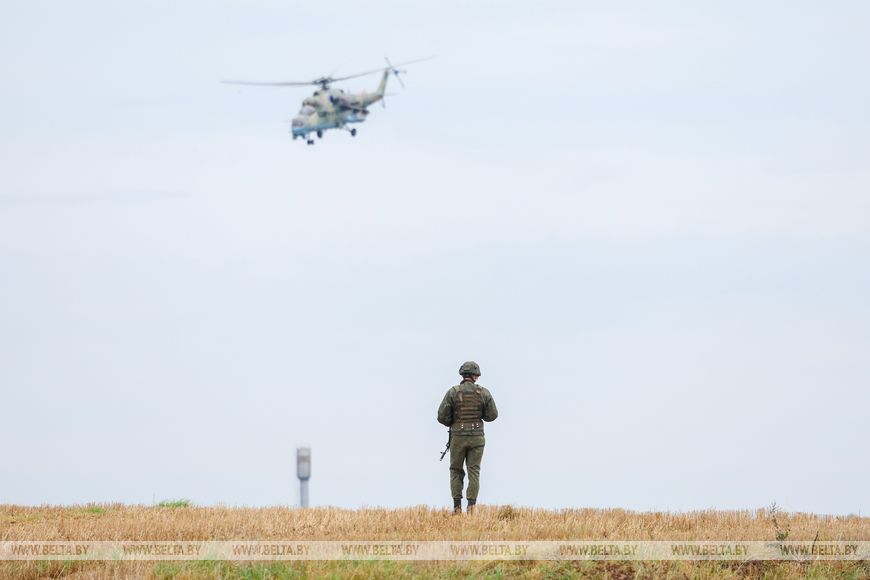
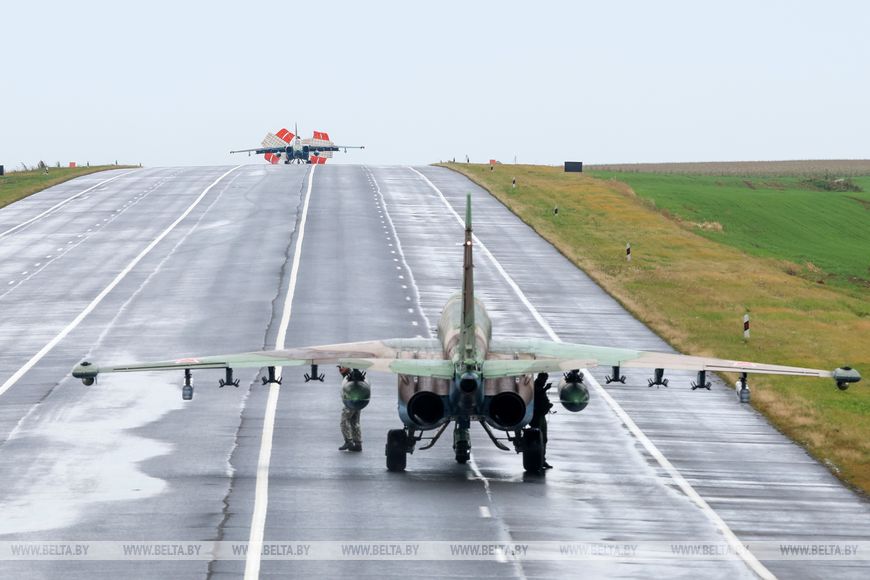
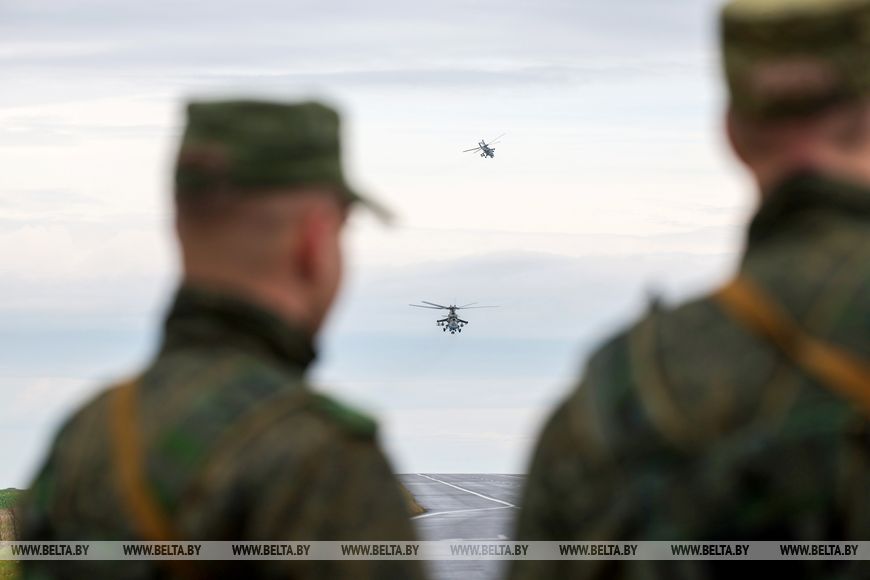
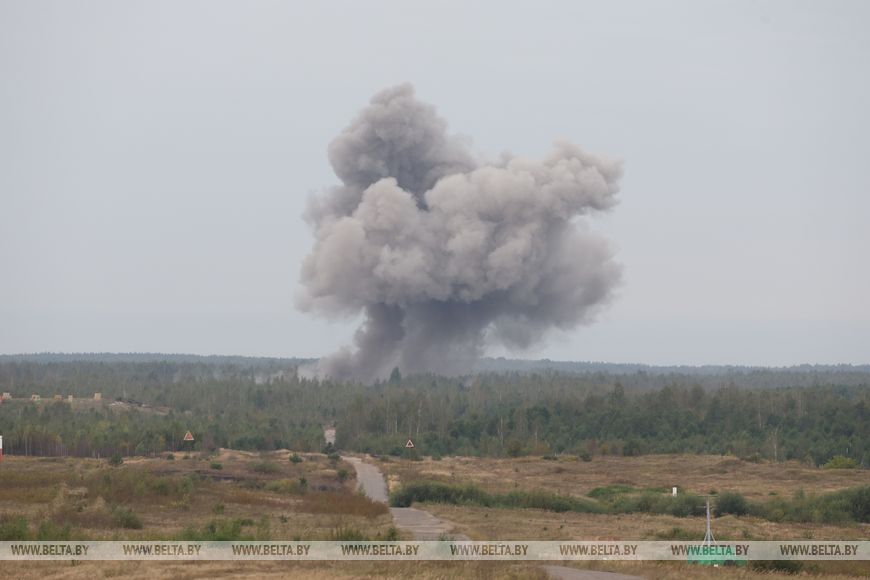
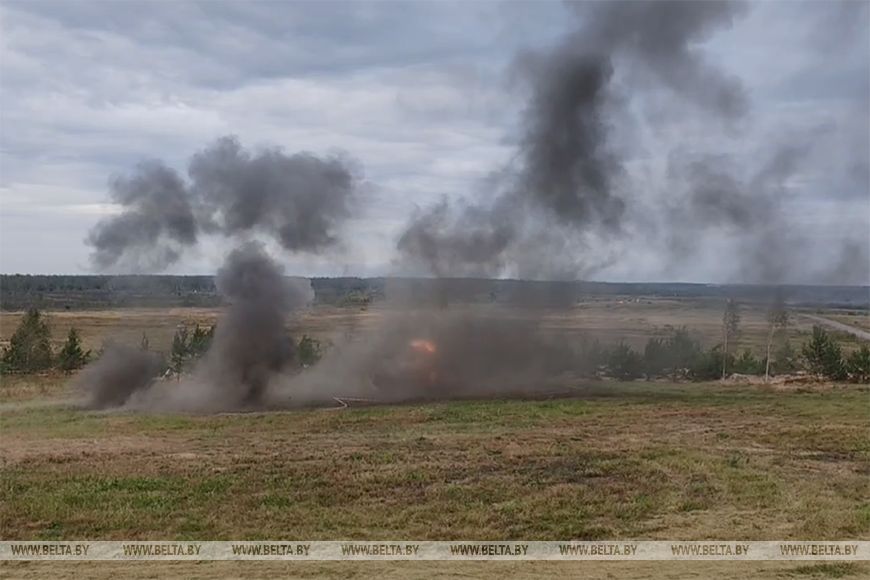
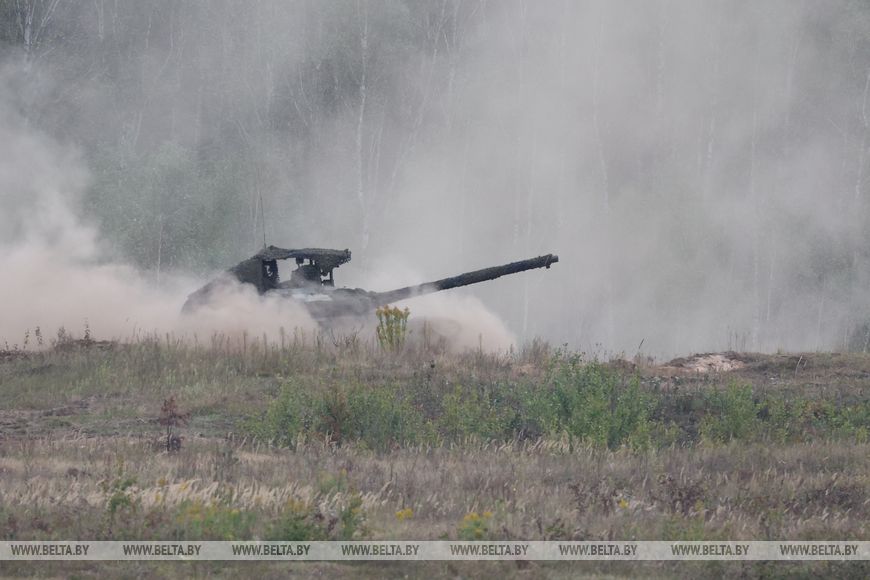
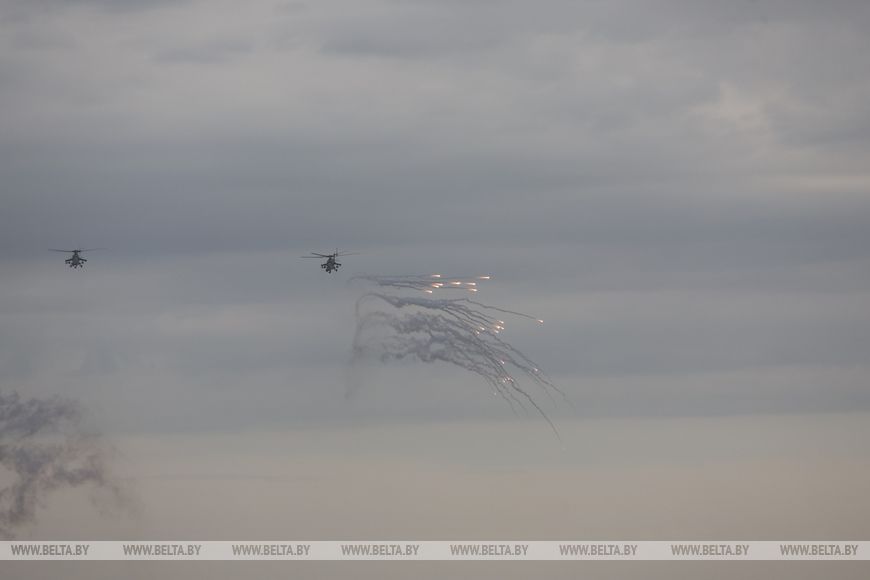
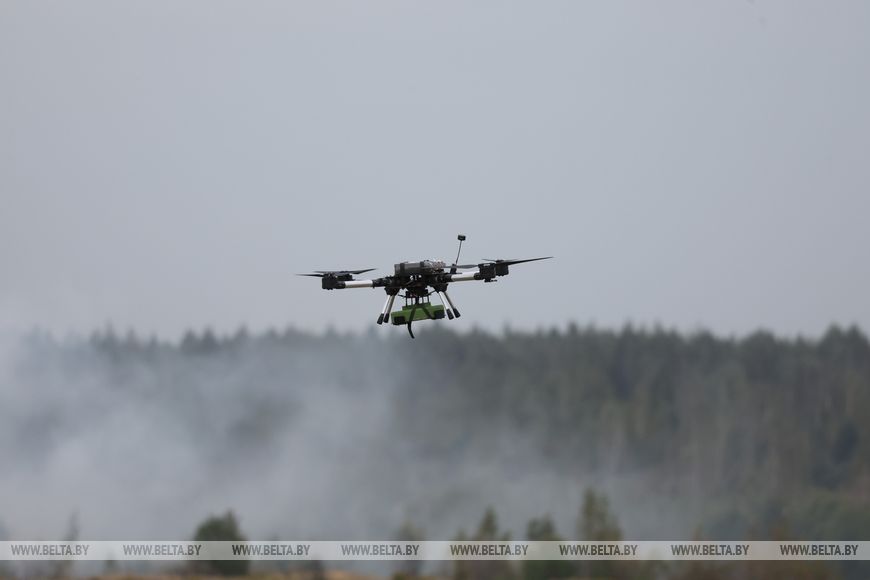
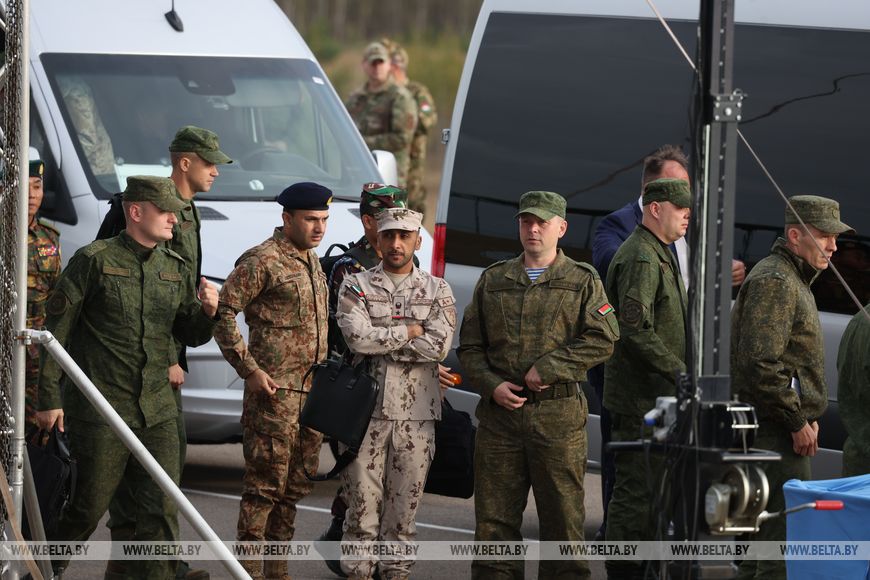
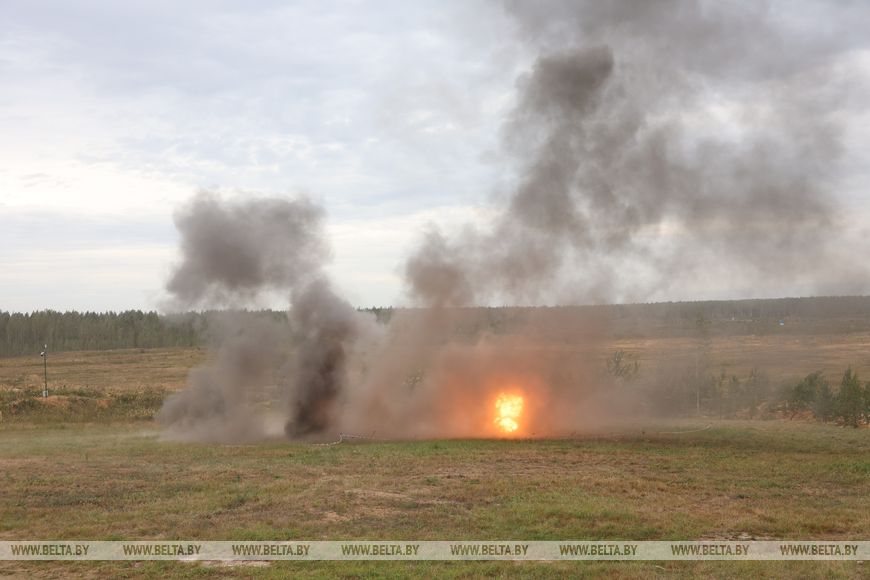
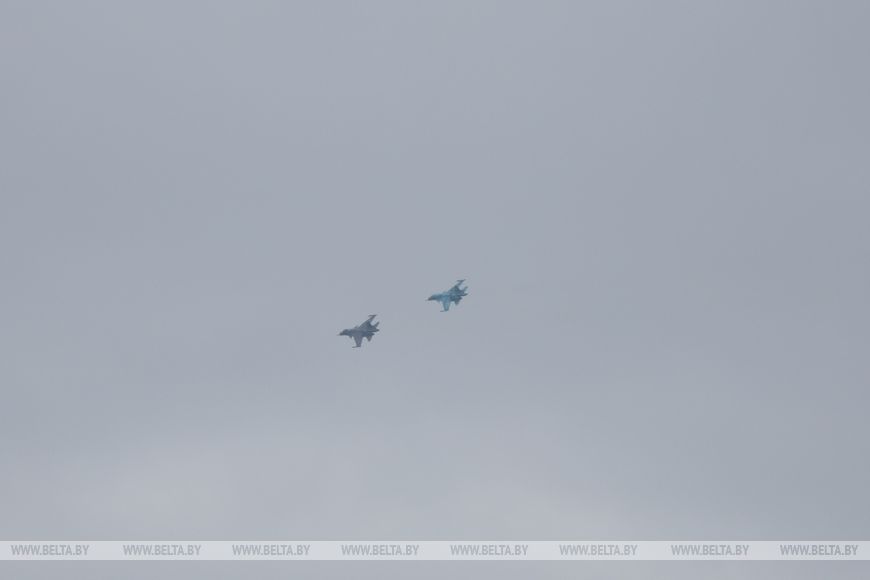
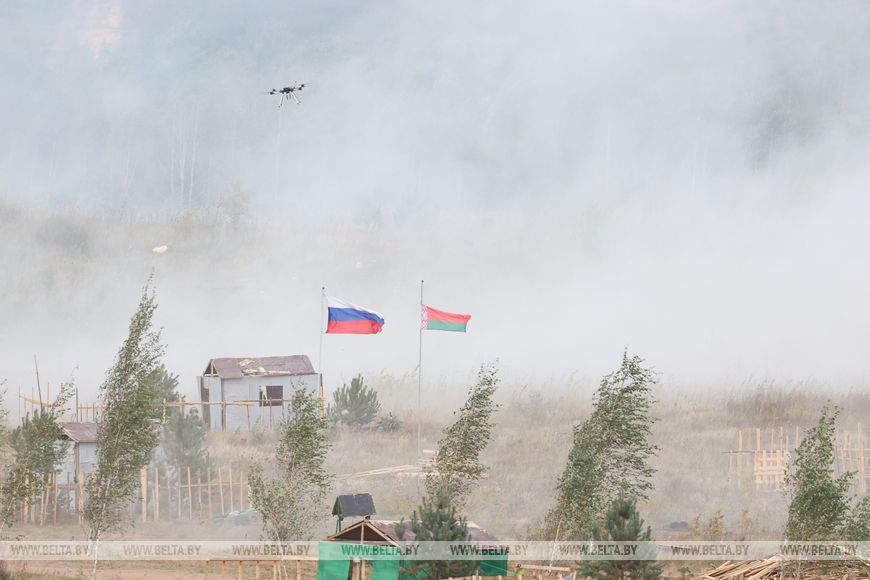




According to Pavel Muraveiko, preparing and conducting the exercises is similar to shooting a high-quality feature film. “It's not because there's a script and the actors follow a predetermined plan. No, objectives and tasks are determined, and the format for deploying troops is chosen, whether it's a defensive operation, a special operation, or actions to eliminate sabotage and reconnaissance groups, or to secure the border. Based on that framework, key episode scenarios are chosen for simulation. The difference is that participants don’t know how the situation will evolve. They’re given only minimal information, just enough to experience events as ordinary citizens would,” he explained.




He gave an example of initial conditions: sabotage and reconnaissance groups crossing the border. “Naturally, the commander tasked with responding begins to analyze the situation, assess the terrain, make decisions, calculate available forces and resources, and determine which directions need to be secured. He decides what firepower to use against the sabotage group or illegal armed formation to prevent its escape. Then he determines how to block it, so it can be arrested or neutralized. All of this happens in his mind: he works it out on maps. The exercise director observes the process and makes adjustments as needed,” Pavel Muraveiko said. He added that the exercise simulation resembles a chess match, where each participant plays a specific role and task, and the entire process is as close to real combat conditions as possible.
Pavel Muraveiko also noted that if participants somehow find out about the assignment in advance or get hints, adjustments are made, but he emphasized that this has not happened during the recent exercise. “In the past 10-12 years of conducting exercises, we haven’t seen such cases at all. That’s because commanders themselves are truly interested in learning through real actions,” he remarked. “They often say: who knows, maybe you did me a disservice?”



Responding to a question about the preliminary conclusions from Zapad 2025, Pavel Muraveiko stressed: “Saying everything went perfectly or terribly are extreme views that don't lead to any useful conclusions. Every action has strengths and weaknesses. For example, our air defense units fired, but one unit didn’t hit a single target. We investigated this issue and found that it was due to a technical problem. It turned out that the sight axis went dark at a critical moment. So we draw conclusions: we need to maintain the equipment, expand the scope, and so on. As for operational-strategic headquarters and unit actions, I would like to say that in war, there are no bad decisions. This also applies to exercises. If a commander makes a decision, justifies it, and the troops successfully carry it out, then the forces are well-led and performing effectively.”





Pavel Muraveiko pointed out that there were no global strategic or operational problems. “There are some tactical issues that need to be addressed,” he said, adding that there is room for improvement in the physical and combat training of conscripts. “That’s why we conduct exercises: to bring everything together under a unified concept and framework, to organize coordination, and to observe how the system functions as a whole,” he concluded.

















